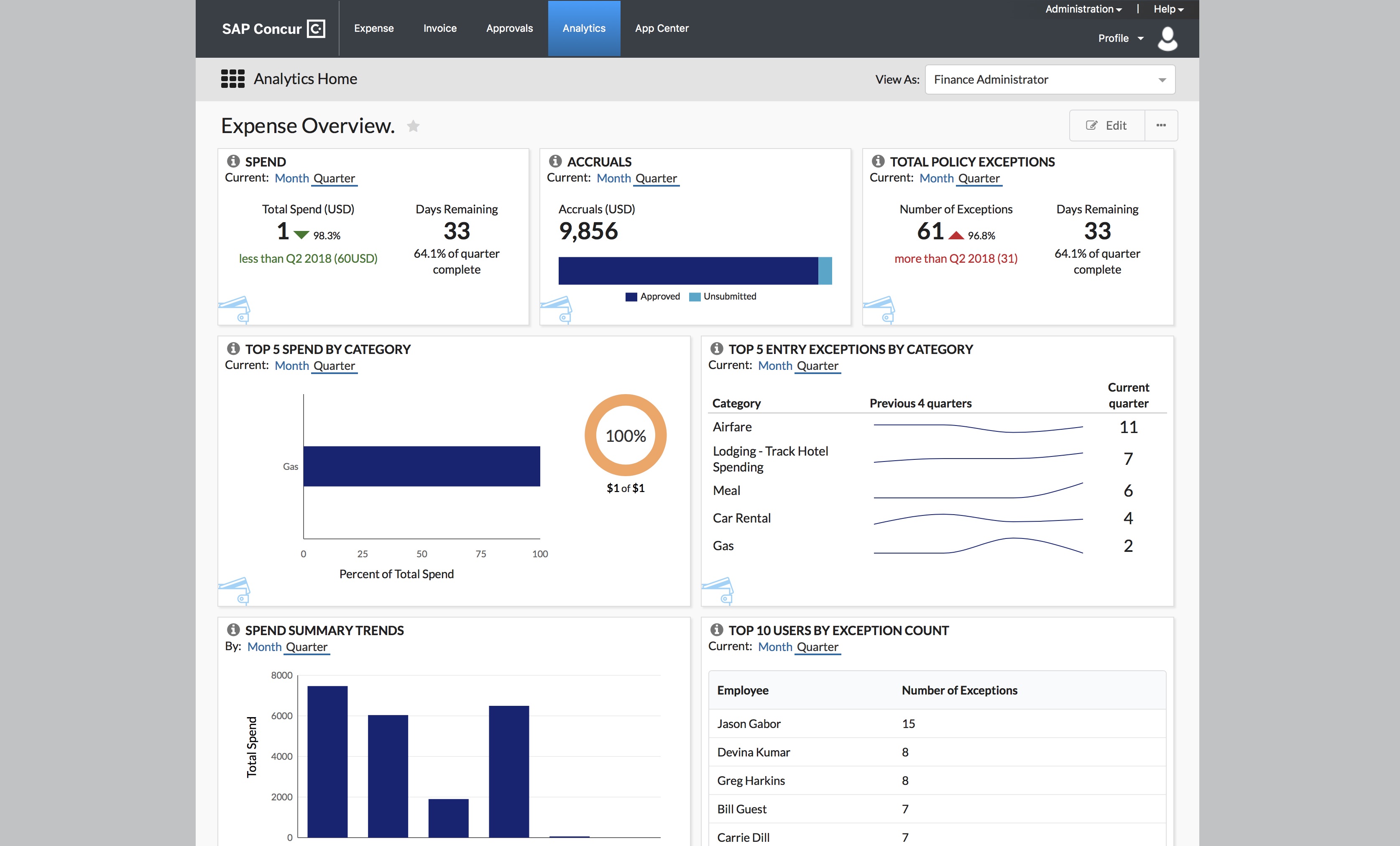Alternatives to Ramp
1. Rossum
+Pros
- Template-Free Processing Leadership
- Proven Enterprise-Scale Performance
- Sophisticated ERP Integration
- IDC MarketScape Leader Recognition
-Cons
- Enterprise-Tier Investment Requirements
- Implementation Complexity and Timeline
- Change Management Challenges
- Document Format Limitations
One highlighted feature and why it's amazing
Utilizing the proprietary Aurora engine trained on millions of invoices to automatically adapt to diverse document formats without manual configuration.

Another highlighted feature of why it’s amazing
Provides real-time validation against ERP records, addressing critical reconciliation challenges that affect 30% of invoices in typical operations.
2. SAP Concur
+Pros
- Market-leading integration capabilities
- Proven enterprise scalability
- Advanced AI capabilities
- Comprehensive compliance features
-Cons
- Potential scalability constraints beyond 400 monthly invoices
- Cost structure challenges with premium pricing
- User experience concerns with UX complexity
One highlighted feature and why it's amazing
Leverages template-free data extraction that automatically captures vendor information, line items, and compliance details from diverse document formats without requiring pre-configured templates.

Another highlighted feature of why it’s amazing
Distinguishes SAP Concur from point solutions by providing unified travel, expense, and invoice management within a single platform.
Other Alternatives
Stampli
Tipalti
UiPath
Yooz
How We Researched This Guide
About This Guide: This comprehensive analysis is based on extensive competitive intelligence and real-world implementation data from leading AI vendors. StayModern updates this guide quarterly to reflect market developments and vendor performance changes.
248+ verified sources per analysis including official documentation, customer reviews, analyst reports, and industry publications.
- • Vendor documentation & whitepapers
- • Customer testimonials & case studies
- • Third-party analyst assessments
- • Industry benchmarking reports
Standardized assessment framework across 8 key dimensions for objective comparison.
- • Technology capabilities & architecture
- • Market position & customer evidence
- • Implementation experience & support
- • Pricing value & competitive position
Research is refreshed every 90 days to capture market changes and new vendor capabilities.
- • New product releases & features
- • Market positioning changes
- • Customer feedback integration
- • Competitive landscape shifts
Every claim is source-linked with direct citations to original materials for verification.
- • Clickable citation links
- • Original source attribution
- • Date stamps for currency
- • Quality score validation
Analysis follows systematic research protocols with consistent evaluation frameworks.
- • Standardized assessment criteria
- • Multi-source verification process
- • Consistent evaluation methodology
- • Quality assurance protocols
Buyer-focused analysis with transparent methodology and factual accuracy commitment.
- • Objective comparative analysis
- • Transparent research methodology
- • Factual accuracy commitment
- • Continuous quality improvement
Quality Commitment: If you find any inaccuracies in our analysis on this page, please contact us at research@staymodern.ai. We're committed to maintaining the highest standards of research integrity and will investigate and correct any issues promptly.